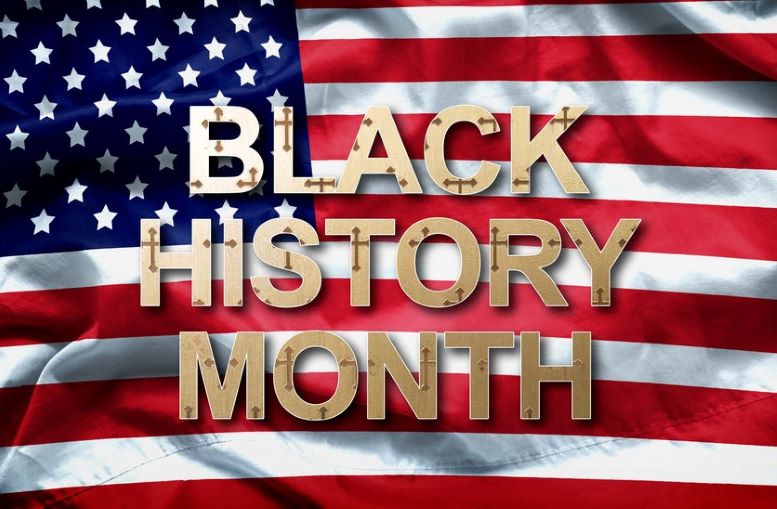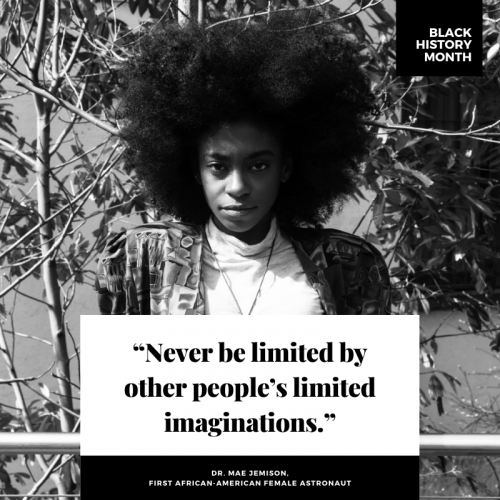February: Black History Month
February: Black History Month


It’s February, and that means it’s Black History Month. Black History Month is an annual celebration of African Americans’ achievements and a time for recognizing their central role in U.S. history. It seems that with some of the events that have taken place in this past year, acknowledging the African American contribution to our culture and nation is particularly significant in 2021.
Black History Month’s origin can be traced back to 1915 when Carter G. Woodson, a Harvard trained historian, and Jesse E. Moreland, a prominent minister, founded the Association for Negro Life and History (ANLH). A half a century after the passing of the Thirteenth Amendment that abolished slavery, and a full six years after the NAACP founding, this organization was dedicated to the research and promotion of Black Americans and other peoples of African descent achievements.
Known today as the Association for the Study of African American Life and History (ASALH), the group sponsored a national Negro History Week in 1926. Negro History Week was chosen to take place in the second week of February to coincide with Abraham Lincoln and Frederick Douglass’s birthdays. Lincoln, of course, was the president who presided over the abolition of slavery. Douglass was an American social reformer who had escaped slavery and became a national leader of the abolitionist movement.

In the years that followed, mayors across the country began recognizing Negro History Week. By the late 1960s, and largely due to the civil rights movement, Negro History Week had grown, on many college campuses across the country, into Black History Month. Then, in 1976, President Gerald Ford officially recognized Black History Month, saying it was time to “seize the opportunity to honor the too-often neglected accomplishments of Black Americans in every area of endeavor throughout our history.” Since then, every American President has designated February as Black History Month and endorsed its current theme. For 2021, the theme is: “Black Family: Representation, Identity, and Diversity,” which explores the African diaspora and the spread of Black families across the United States.
Having not personally been born into the African American’s life experience, it seems that though we are making progress toward racial equality, progress has been painfully slow. Any movement toward unanimity on what defines racial equality appears to be difficult because it is tied to the term “racism.” In turn, the term “racism” is so emotionally charged that we have difficulty getting to a conversation about what defines the “institutionalized racism” that is foundational to activist groups like Black Lives Matter.
Hopefully, we are making progress. And though it is painfully slow, we need to keep pushing forward because we are always “Better Together.”



